I Support the “Say No To Plastic Bags” Coalition

Each year an estimated 1-million sea birds and over 100,000 marine mammals die from ingesting plastic. Single use plastic bags end up in our landfills and take over 500 years to decompose.
Trivia question for Apr-17-2011
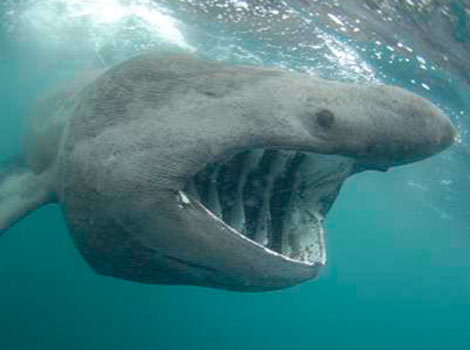
Studies in 2003 proved that basking sharks do not hibernate, showing that they are active year-round. In winter, basking sharks move to depths of up to 3,000 ft to feed on deep water plankton.
Trivia question for Apr-16-2011
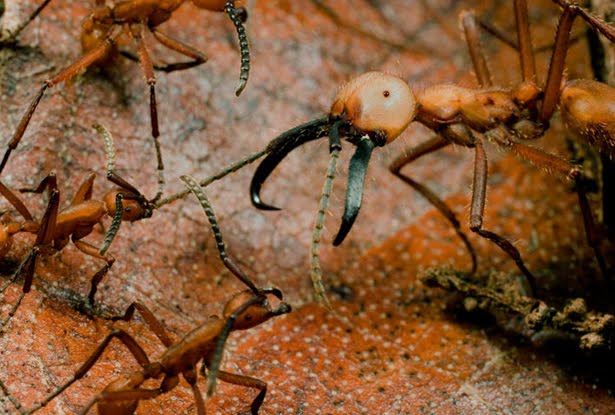
These guys build a new nest each night and with legs linked, they form a protective ‘fabric’ around the queen.
Trivia question for Apr-15-2011
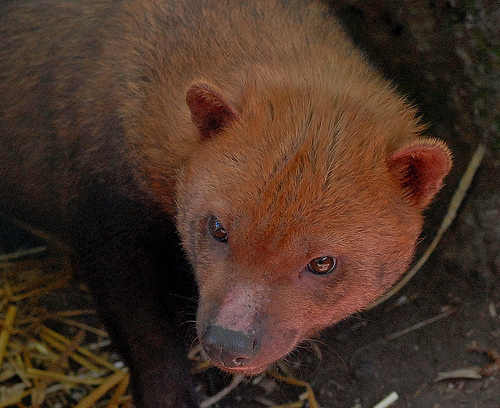
It may be the most gregarious of the South American canid species. They even have skin growing between their toes, which allow them to swim more efficiently.
Trivia question for Apr-14-2011
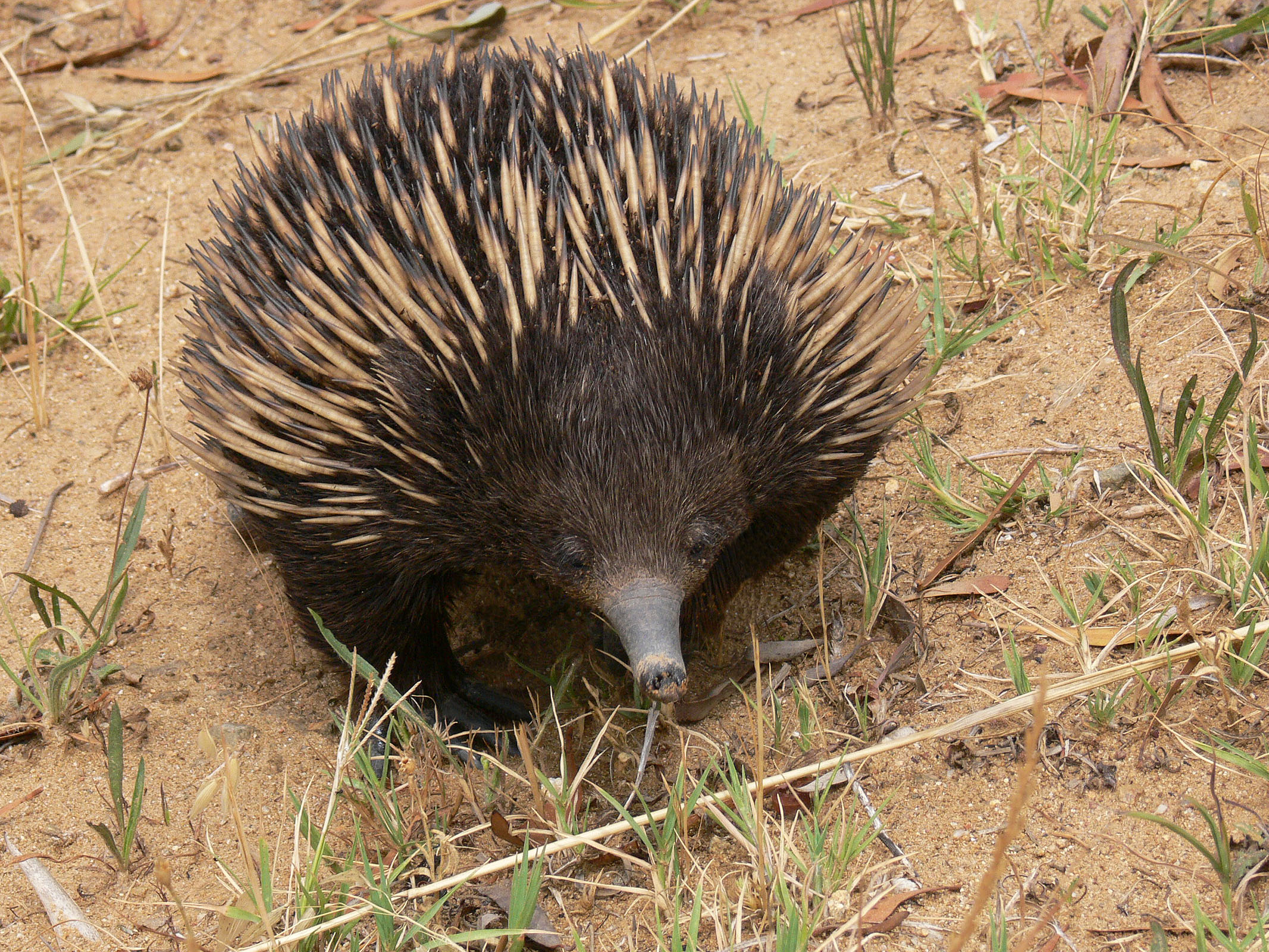
These guys have one of the largest ‘cortex’s’ of any mammal. That’s the portion that deals with memory and intelligence.
Trivia question for Apr-13-2011
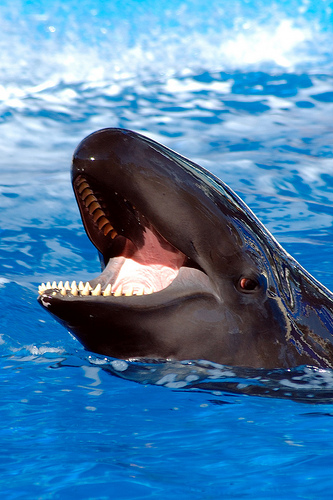
They are one of the largest dolphins in the world, reaching up to 20-feet in length. Their predatory behavior and looks resembles their namesake relative.
Trivia question for Apr-12-2011
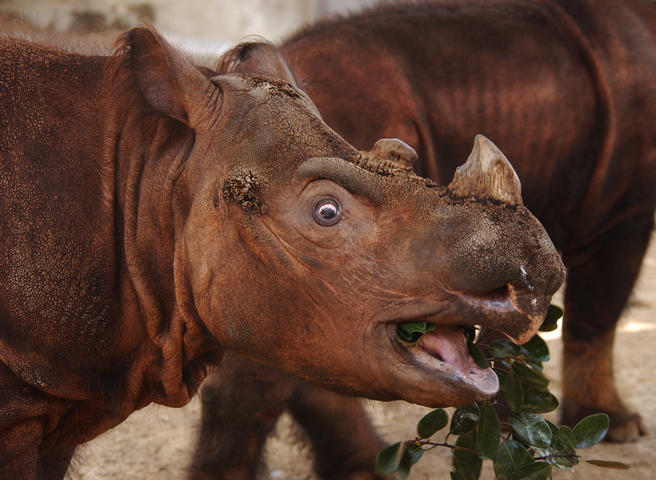
These are the smallest of their species and the only one covered in hair. Like their African relatives, it has two horns; the larger is the nasal horn, typically 5.9–9.8 in, while the other horn is typically a stub. A coat of reddish-brown hair covers most of their body.
“Bag-It” Movie Premiere at GA Tech Institute
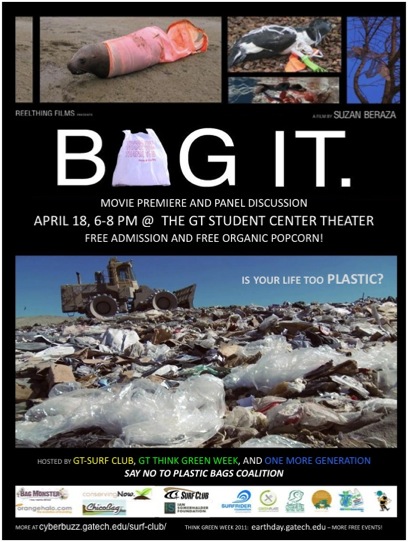
In an effort to raise awareness about the serious issue of Plastic Pollution (and in particular Single-Use Plastic Bags), we have partnered with GA Tech’s Think Green Team and the folks from the GA Tech Surf Club to bring you this award winning documentary which explores how much each of us currently depend on plastic.
Trivia question for Apr-11-2011
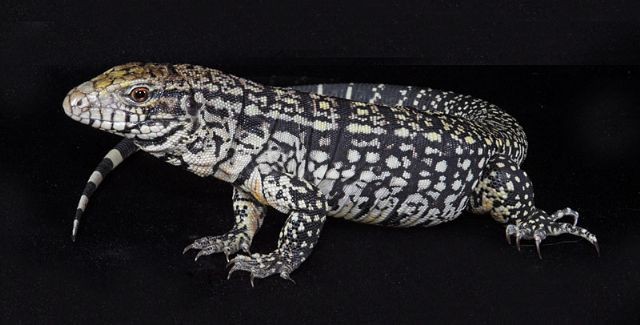
Most of these lizards are opportunistic feeders, accepting a wide variety of foods. Their diets can consist of crickets, mealworms, an occasional mouse, fish, hard boiled eggs, chicken, etc.
Trivia question for Apr-10-2011
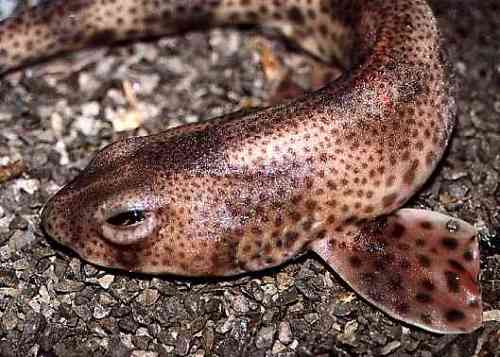
Primarily nocturnal, these guys spend the day inside small holes in rocks and swim into deeper water at night to hunt. Sometimes two will squeeze into the same hole, and several individuals will seek out refuges within the same local area.
Trivia question for Apr-09-2011
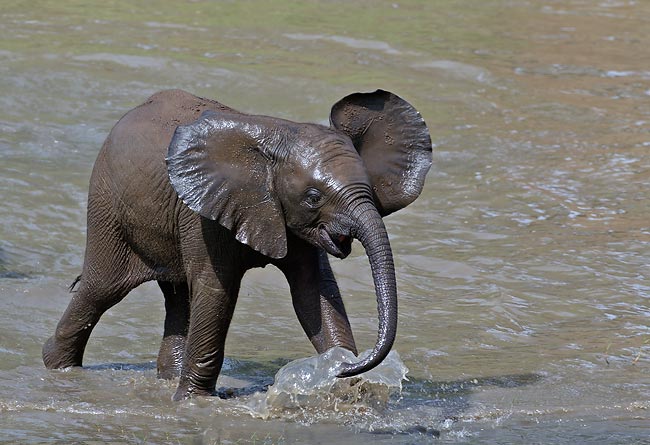
Elephants replace their teeth six times. At about 40 to 60 years of age, the elephant no longer has teeth and will likely die of starvation, a common cause of death.
Trivia question for Apr-08-2011

The marsupial is native to eastern and northern mainland Australia (as well as being introduced to Tasmania, Australia) and is also native to New Guinea and the Bismarck Archipelago.
Trivia question for Apr-07-2011
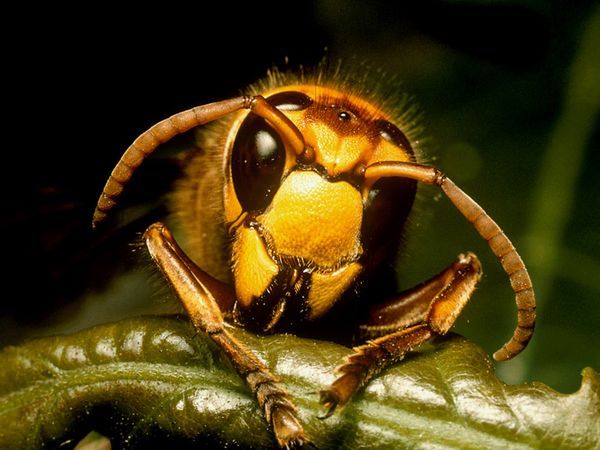
The Hornet nest is founded in spring by a fertilized female known as the queen. It generally selects sheltered places like dark hollow tree trunks. It first builds a series of cells (up to 50) out of chewed tree bark. The cells are arranged in horizontal layers named combs, each cell being vertical and closed at the top.
Trivia question for Apr-06-2011
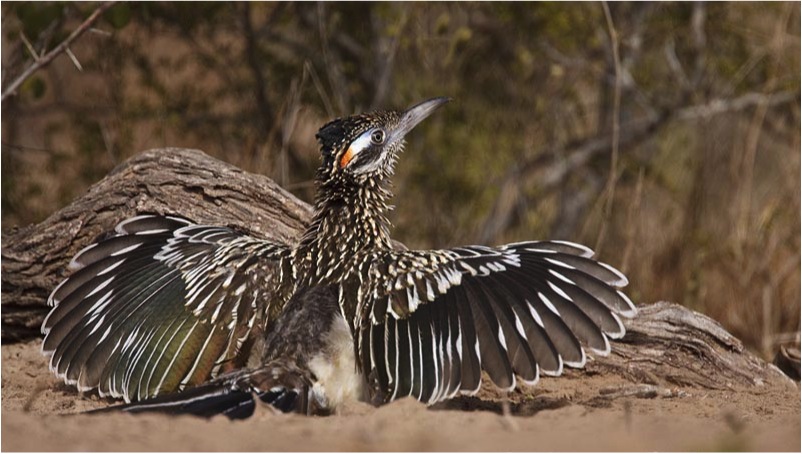
This bird walks around rapidly, running down prey or occasionally jumping up to catch insects or birds. It mainly feeds on insects, with the addition of small reptiles (including rattlesnakes up to 60 cm long), rodents and other small mammals, spiders, scorpions, centipedes, millipedes, small birds (particularly from feeders and birdhouses) and eggs, and carrion.
Trivia question for Apr-05-2011
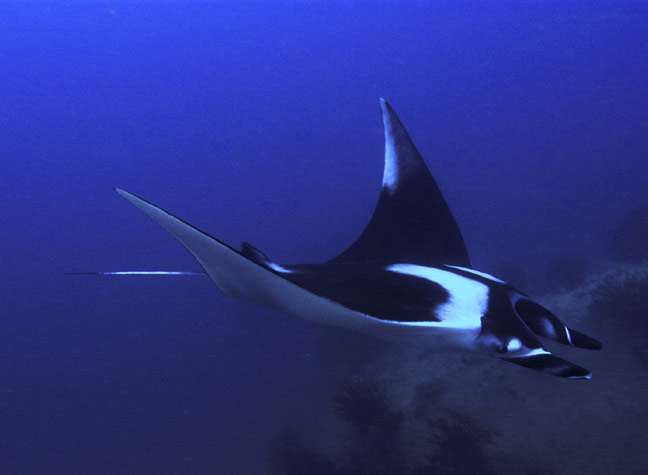
The manta ray is the largest species of the rays. The largest known specimen was more than 25 ft across, with a weight of about 5,100 lb. It ranges throughout tropical waters of the world, typically around coral reefs.

